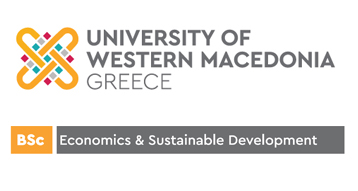Learning outcomes:
Organizational Behavior is a systematic field of study that examines the influence that individuals, groups, and structures have on the behaviors that occur within an organization. The teaching process aims to apply the necessary and specialized knowledge to improve the efficiency of organizations. Students will understand key concepts such as managing individual behavior, group behavior and interpersonal influence, organizational processes, organizational design, change and innovation. The objective of the course is for students to understand the importance of concepts related to perception, motivation, decision making, team dynamics, negotiation, conflict management, leadership, organizational culture and change management. In this sense, the course is the basis on which one will understand how the principles of organizational theory can contribute to solving contemporary organizational issues.
Upon completion of the course, the student will:
- gain knowledge on the most advanced frontiers of organizational theory
- gain advanced and specialized skills and learn techniques, including synthesis and evaluation, required to solve critical problems in organizations.
- be able to use the knowledge in matters of organizational theory and to investigate and redefine the existing knowledge as well as the prevailing practices

